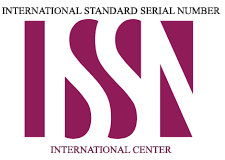-
Humanities
-
Social Sciences
-
New legal studies
The Impact of Iran-Saudi Arabia Competition on Security in the Middle East from 2011 to 2016 (Case Study: The Iraq Crisis)
Volume 2, Issue 2, 2021, Pages 155 - 163
1- Master of International Relations, University of Mashhad
Abstract :
Regional security equations and arrangements in the Middle East are influenced by several factors. The rivalry between Iran and Saudi Arabia is primarily ideological. Saudi Arabia claims to be the leader of the Islamic world due to its dominance over Islamic religious sites, while Iran claims to be the leader of the Islamic world, especially the Shias. the question that arises in this research is; How has the rivalry between Iran and Saudi Arabia affected the security of the Middle East, especially Iraq? Our hypothesis is that; The ideological rivalry and conflict between Iran and Saudi Arabia have led to the formation and intensification of a kind of turbulent atmosphere in the Middle East, especially in Iraq. The present study was qualitative and descriptive-analytical, and data collection was Library research. The theoretical framework used in this research is the balance of regional power. The balance of power is the law of conduct of states, meaning that in the event of a confrontation with an aggressor and disturbing balance of power, they will establish a balancing coalition and prevent the emergence of dominant power. Accordingly, the balance of power between Iran and Saudi Arabia is the primary determinant of regional hegemony. Finally, both Iran and Saudi Arabia have worked hard to fill the lack of power in the Middle East, following a US-centric approach to Asia. These rivalries and efforts to maintain the balance of power, especially the military balance, have posed a severe challenge to the region.
Keywords :

